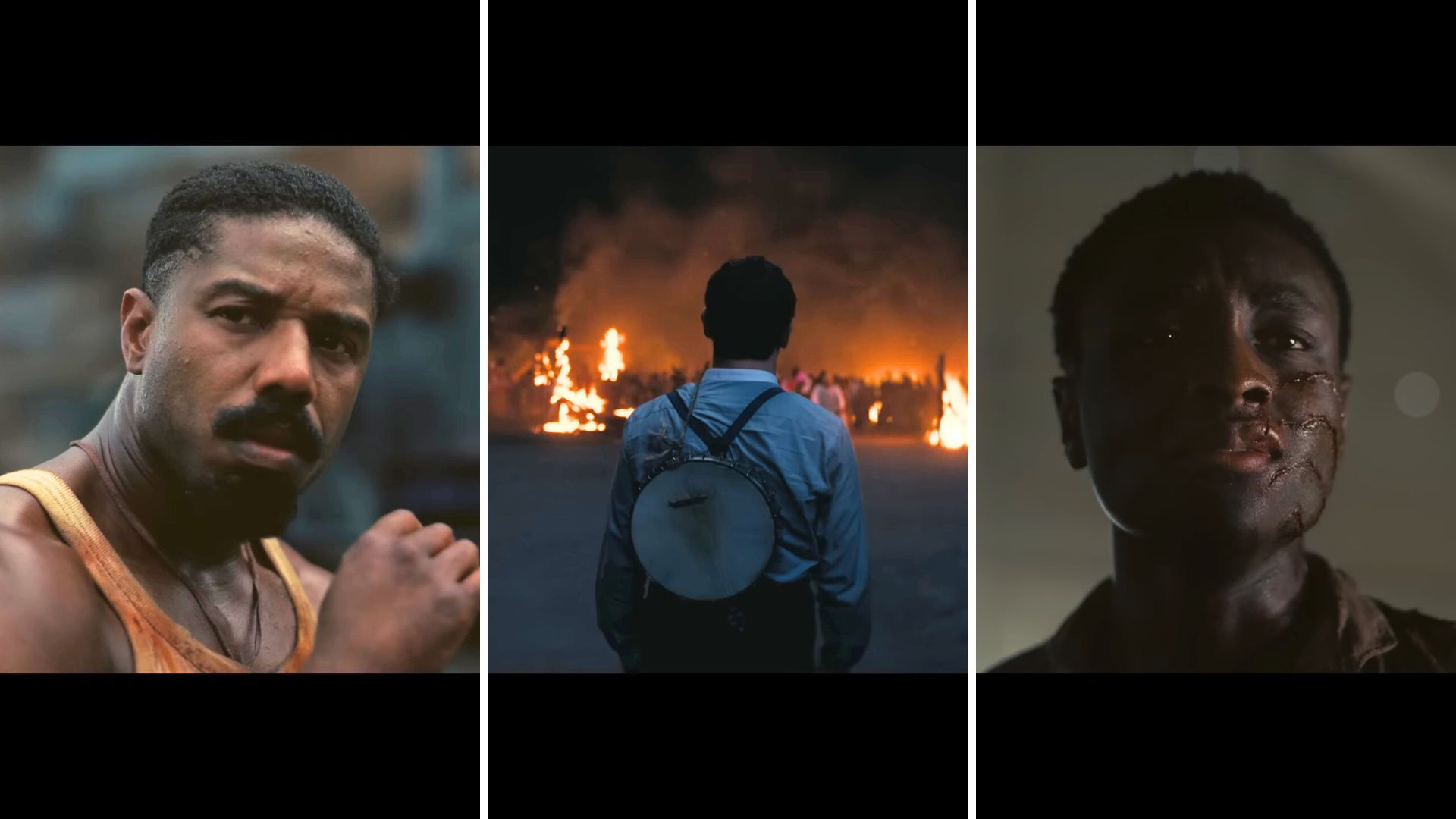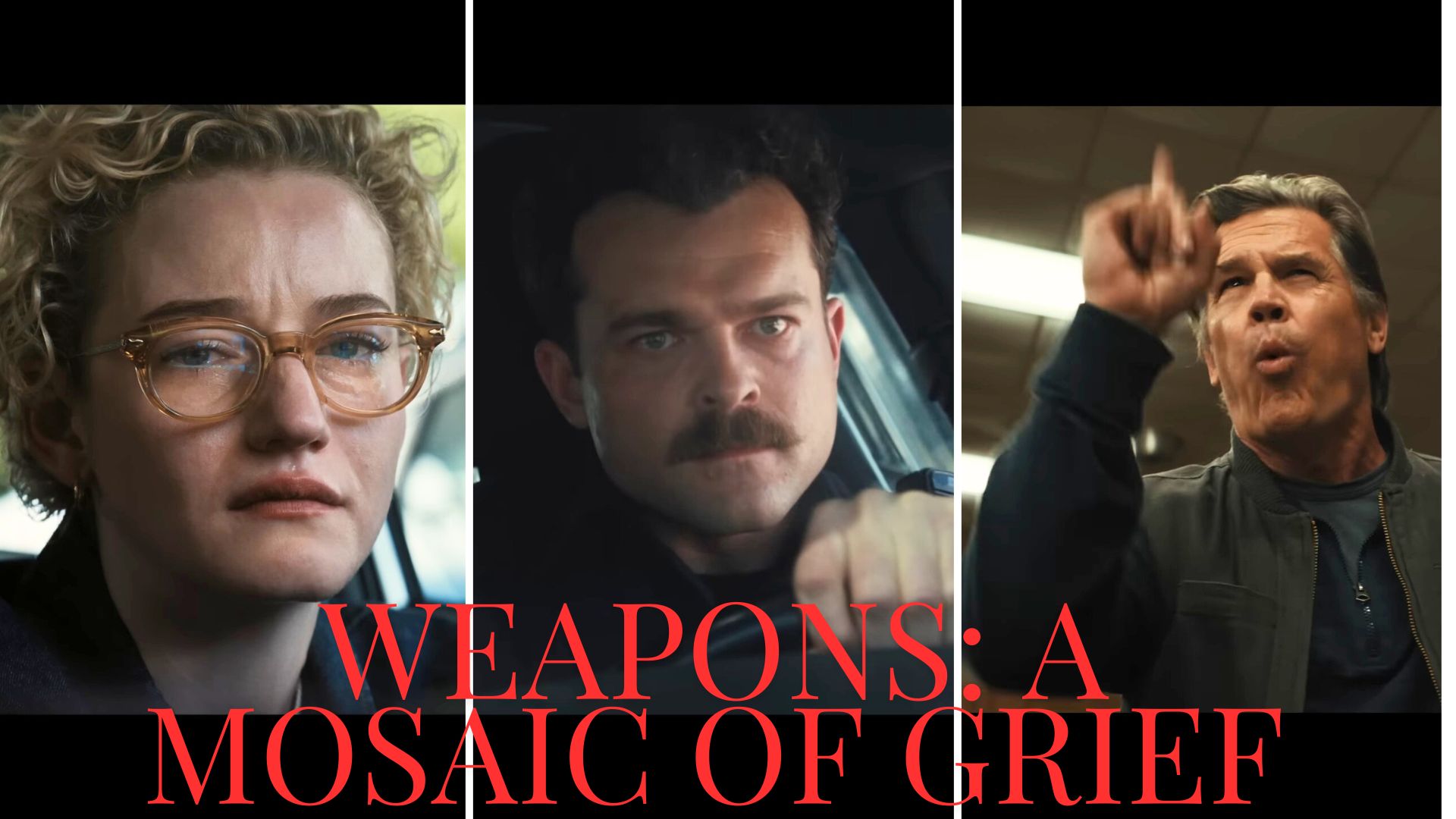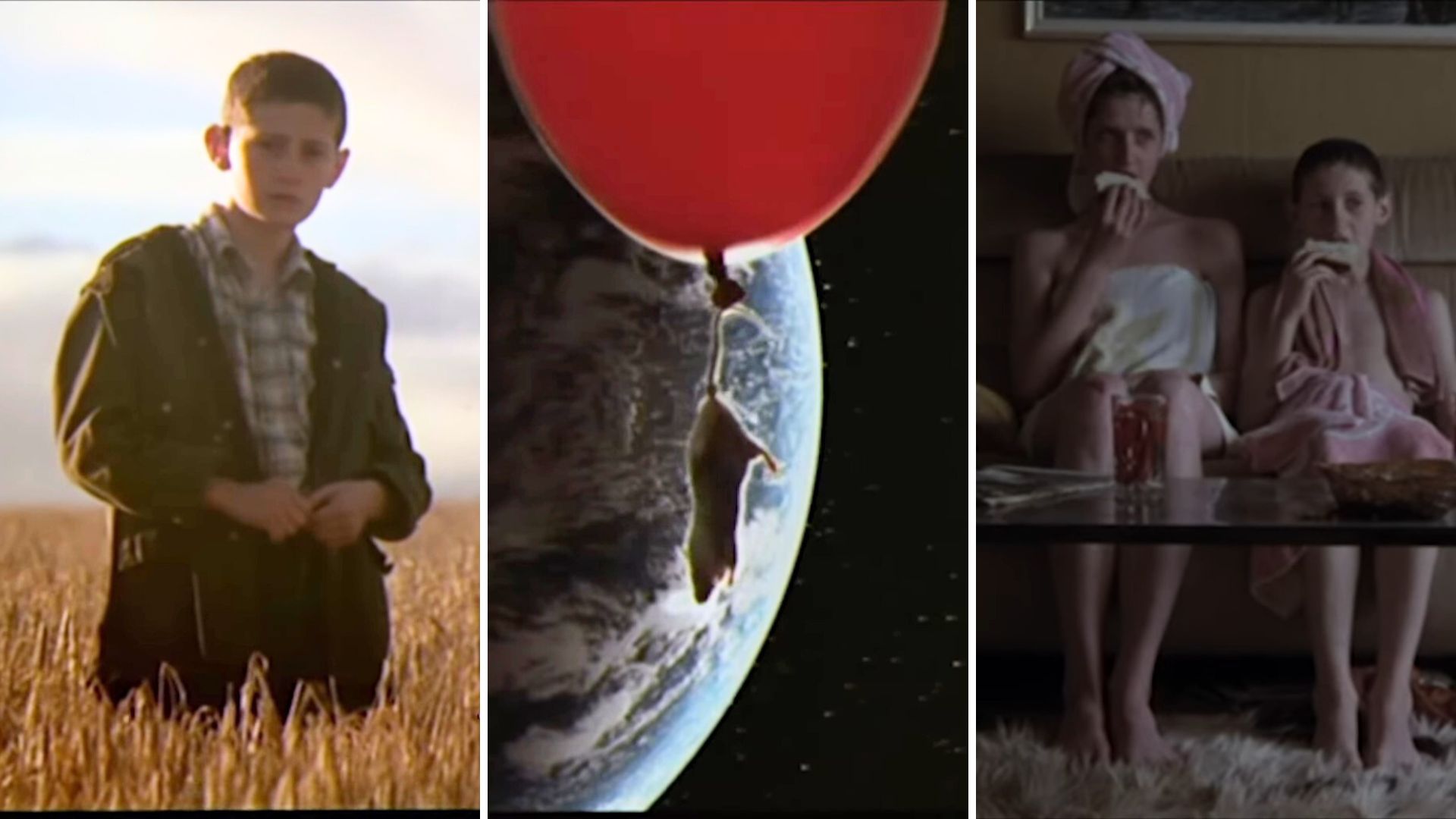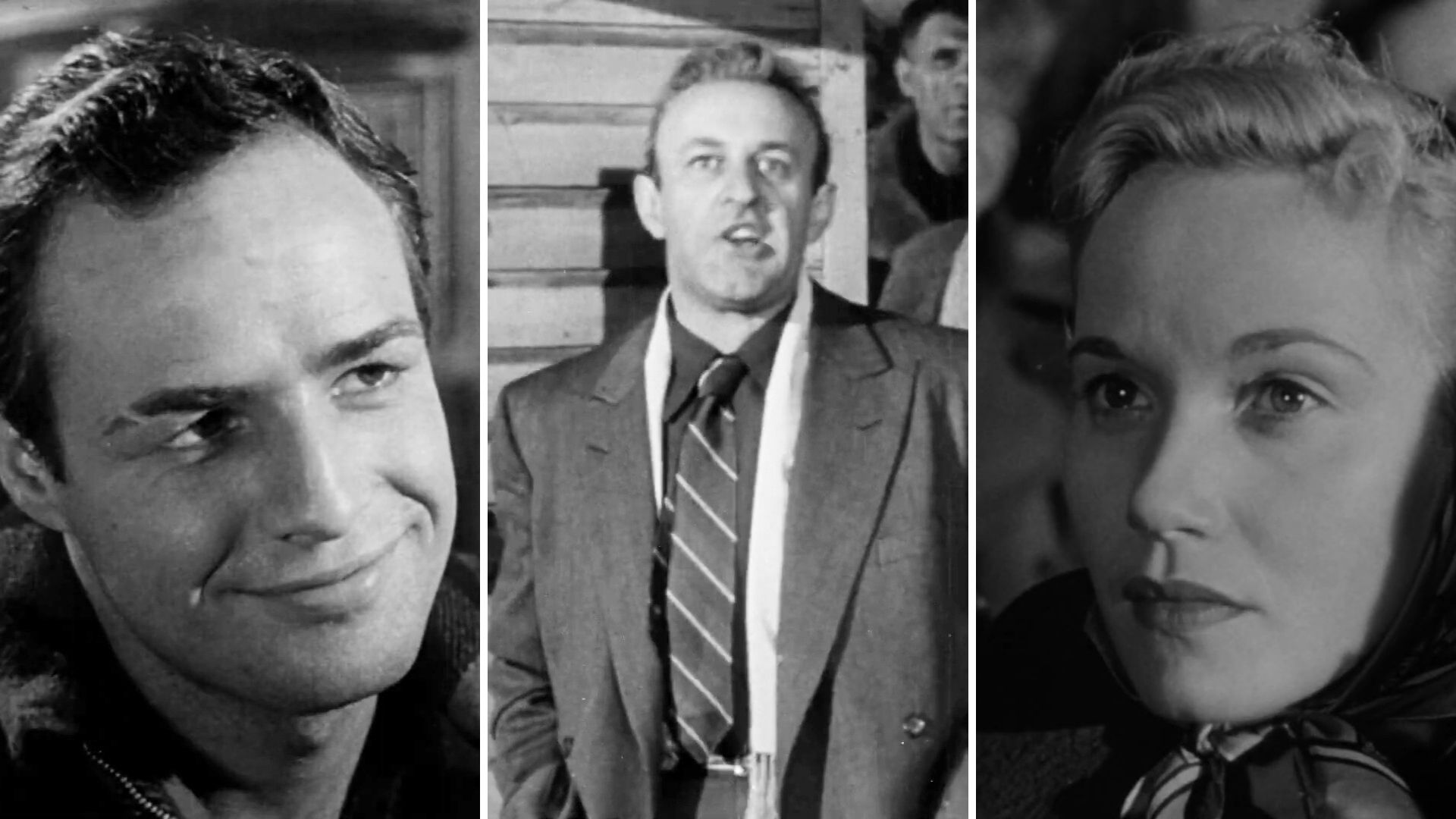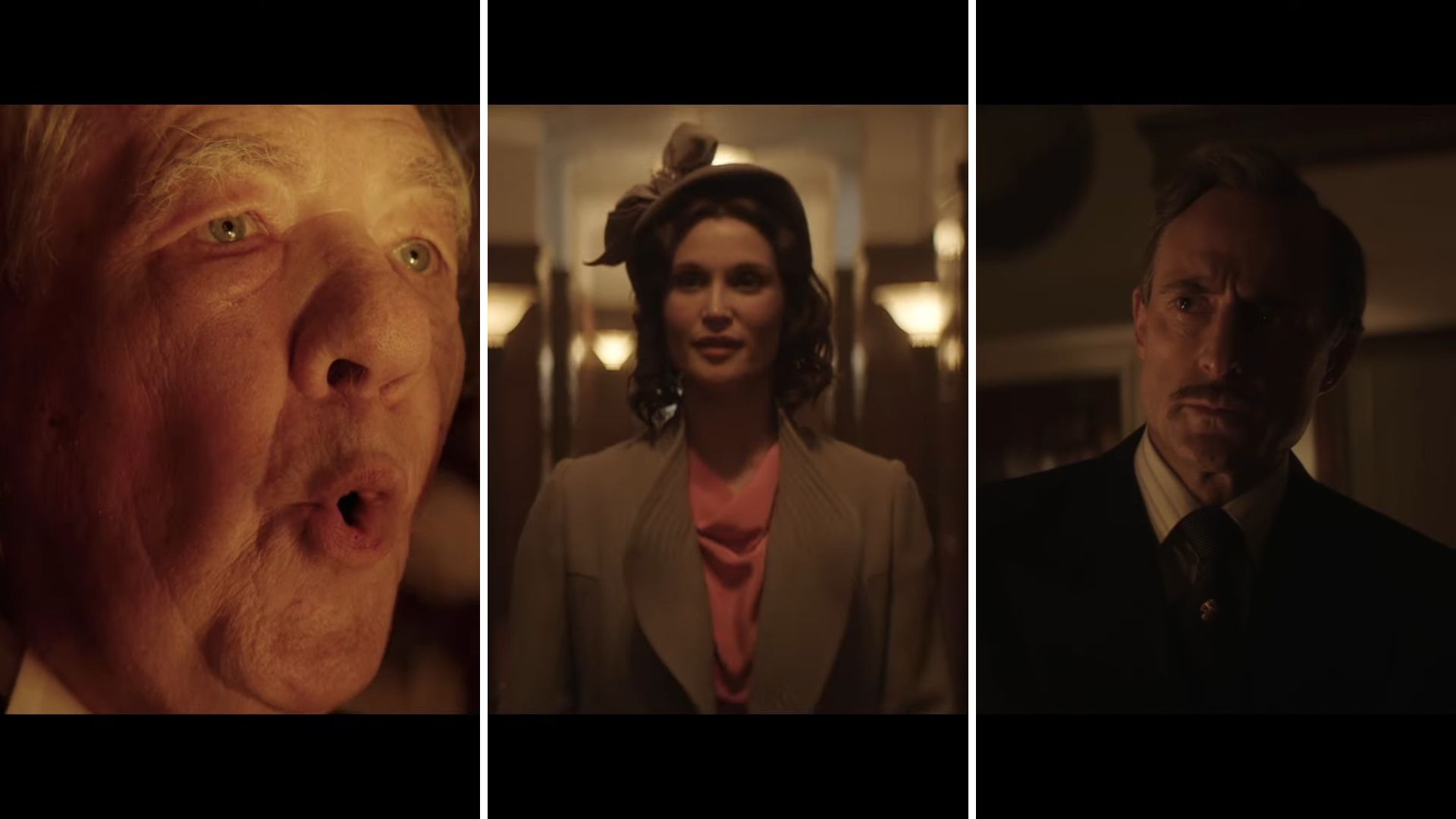
The Critic is a twisty period piece set in 1934 London. The film follows Sir Ian McKellen as a theater critic for one of the largest newspapers in the paper. Throughout the film, McKellen gives a fantastic performance as the curmudgeonly, grumpy, queer critic but it’s not enough to save the uneven plot and slow-burning story.
The Critic debuted at TIFF last year and finally secured a theatrical release from Lionsgate. There is an air of prestige with The Critic but ultimately it never lives up to its large premise. The plot is solid, the acting is phenomenal, and the twists are lurid. But The Critic spends too much time building its narrative rather than delivering meaningful moments.
Immortality and The Written Word
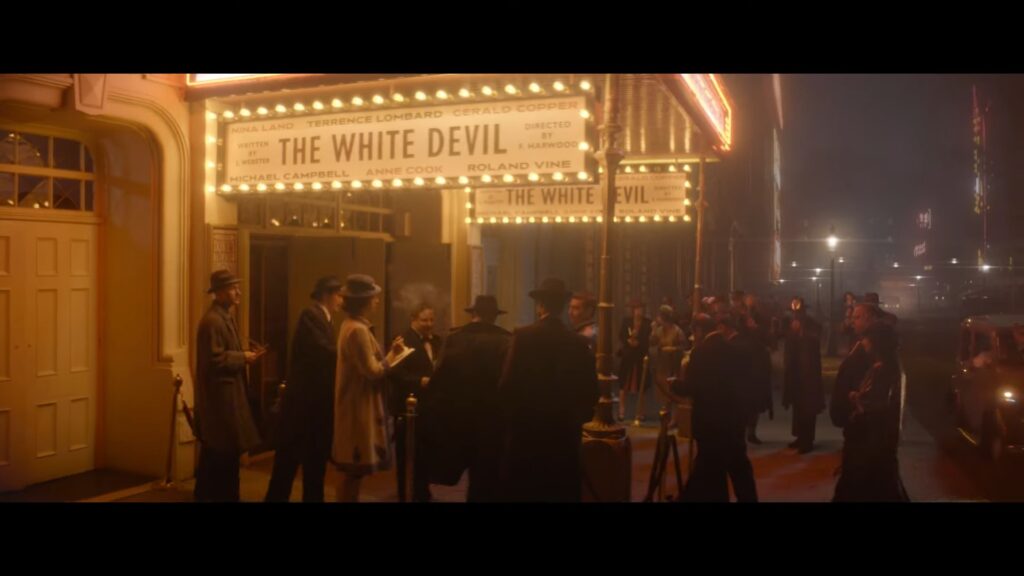
The Critic is a movie unabashedly obsessed with the idea of immortality. The film follows Ian McKellen as Jimmy Erskine, a longstanding theater critic with the power to make or break actors’ careers. Opposite him is Gemma Arterton as Nina Land. An up-and-coming theater actress who gets rave reviews for all of her performances. Except from McKellen’s Jimmy.
When Jimmy is forced out of his position at the paper for participating in lurid acts with another man, he and Nina form an uneasy alliance. Jimmy tasks Nina with a blackmail rouse against his new boss in exchange for exorbitantly flowery commendations on her latest performance. It’s a solid premise that leads to further twists but the film is so concerned with pomp and circumstance that it always feels slightly ajar from its soapy premise.
Unfavorable Favourites
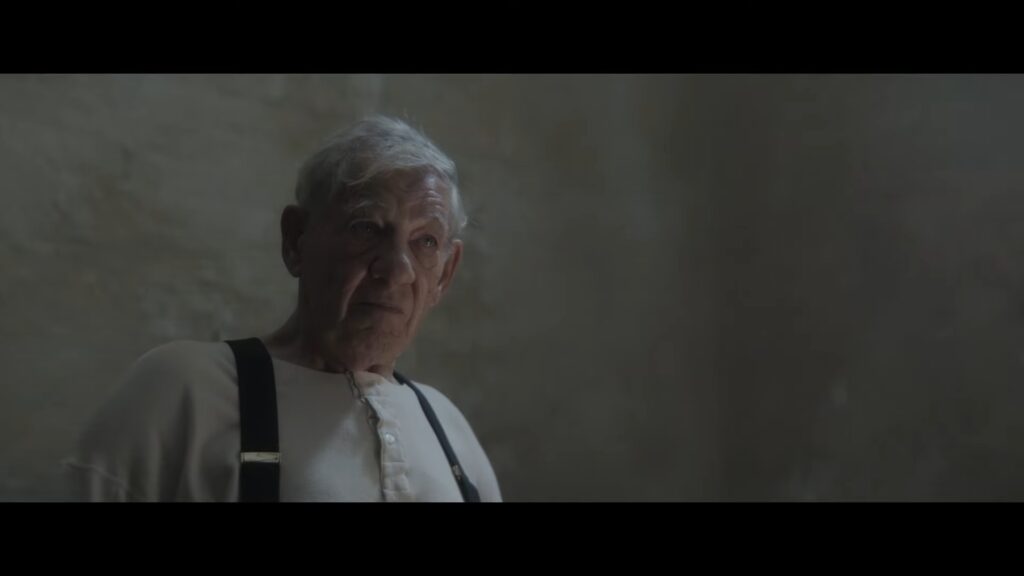
The Critic shares a lot of DNA with Yorgos Lanthimos award award-winning 2018 film The Favourite. Both films feature a slimy protagonist who uses power and manipulation to contort their victims into willing participants in their schemes. Where The Critic fails though is its inability to portray Jimmy as a true villain. The film spends so much time building Jimmy up into this brilliant critic with a pen that can destroy careers that when his heel fully turns it’s not surprising or effective.
Throughout the film, Jimmy is portrayed as a drunk, philandering genius. He’s played much closer to a flawed hero than a despicable savant. This hurts the film in a myriad of ways but mostly in our understanding of the character. His homosexuality is used against him by his detractors allowing Jimmy to turn his enemies’ carnal desires against them in increasingly shocking manners. It all feels like good-natured backstabbing until the consequences turn deadly and Jimmy shows no remorse. His actions later become more despicable but the character never sheds his “Aw Shucks” level of culpability. The result is a film that looks and feels vastly different than the actions we’re seeing onscreen.
Actors and Critics, The Timeless Struggle
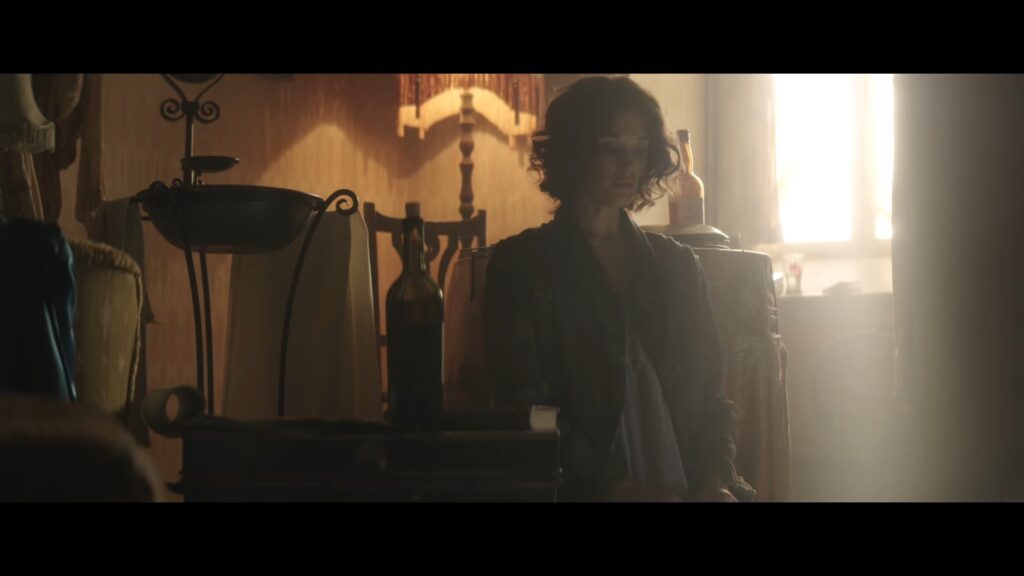
The Critic, both the film and the fictional Jimmy, are more pretentious than they want to let on. Throughout the film, Jimmy writes scathing reviews while pouring brandy down his throat and weaponizing his lover for cheap labor. It’s all played for laughs even when we see those hurt by his words. A struggling actress who lives in squalor compared to Jimmy’s luxurious accommodations. The conceit that Jimmy would make such a hefty salary critiquing art rather than making it is debatable at best. What isn’t debatable is each character’s motivations. Their goal is to create something that lives forever regardless of who they hurt in the process.
Nina’s choice to take down Jimmy’s boss in exchange for a good review is odd in the context the film creates for her. She is a woman who loves the art she makes and is a strong enough character that the ramblings of an old-timer shouldn’t sting her. Instead, she chooses to go along with his plan, destroying life and family in the process. This outcome proves too much for her to handle and does provide a proper dichotomy between our two leads. But her hero arc is cut short by a vengeful Jimmy, leading to an underwhelming resolution to an overly soap opera-esque conflict.
Immortality and Adoration
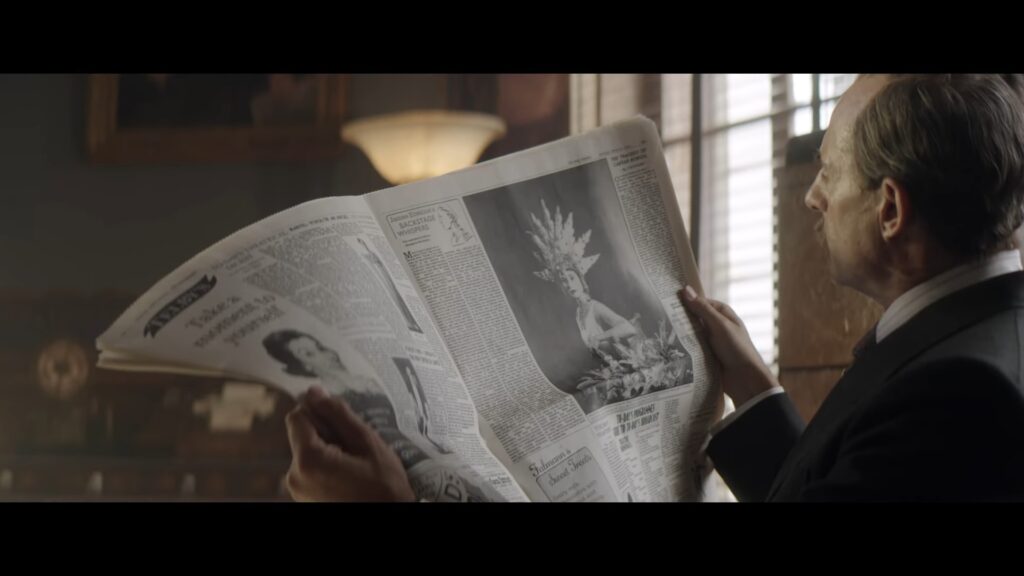
By the time the credits roll, Jimmy is facing his biggest fear. Dying without a legacy. There is a subplot in the film involving a painting immortalizing the founders of The Chronicle, the Newspaper from the film. There are countless back and forths where Jimmy is part of the painting and then not before he gets his final exclusion and comeuppance. Jimmy laments not just his choices in life but his lack of any meaningful contributions to society.
The Critic did not play well at TIFF which isn’t surprising seeing as critical the film is of critics. There seems to be a general disdain for criticism in this film. This is all well and good but when the final realized theme is that a critic’s work is meaningless, it’s bound to strike a chord with those reviewing the film. The Critic was clearly aiming to be a grandiose much-hyped film. While the film has strong moments and interesting themes, The Critic will end much like its crotchety protagonist. Forgotten to time.





